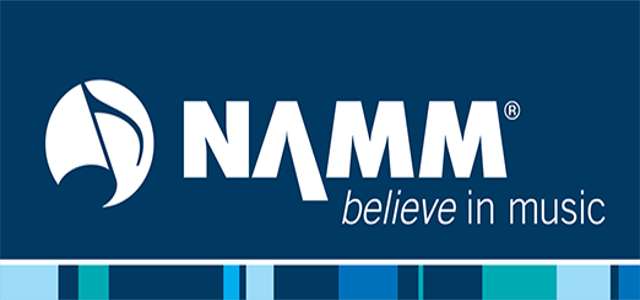NAMM’s grant bolsters two decades of groundbreaking research on the relationship between music and brain function.
The NAMM Foundation sponsored the Institute for Music and Neurologic Function’s (IMNF) 20th Anniversary forum possible. The forum entitled “Celebrating the Science of Music and the Brain in Human Development, Health and Healing” focuses on the IMNF’s central work: how and why music affects brain development and healing.
“Supporting credible, peer reviewed research that studies how and why the brain interacts with music is work that the NAMM Foundation has been committed to for decades,” said Mary Luehrsen, Executive Director of the NAMM Foundation. “With the NAMM Foundation’s support researchers are helping more people worldwide understand the value and power of learning to play music.”
The forum gathered diverse stakeholders in the world of music therapy, including: multidisciplinary experts in the study of brain functioning; artists and musicians involved in the healing space; educators and students of science and the arts; activists and advocates of transformative and innovative medicine; and others who are interested in the connection between music and brain therapy.
“We’re marking this landmark anniversary in the most meaningful way we know how – by continuing to promote and share the advances in neuroscientific research, which fuel the limitless therapeutic applications of music,” said IMNF Co-Founder and Executive Director Dr. Concetta M. Tomaino. “We’re immensely grateful to The NAMM Foundation for their generous support of our mission.”
Neuroscientist and best-selling author of “This is your Brain on Music,” Daniel J. Levitin, PhD, served as the event’s keynote speaker. The forum featured panels and conversations with leading scientists, researchers, music therapists and music therapy clients/consumers in the areas of cognition, emotions, motor function and language, live and mixed media presentations including the highly visual Mickey Hart-Dr. Adam Gazzaley collaboration on rhythm and the brain.



